Our mission
for modern lifestyle at competitive prices.
Are Fat Bikes Good For Long Distance Riding? Let’s Find Out
As electric bikes become a daily mode of transport for more and more riders, it's worth asking the question again, this time from a broader perspective. Not just performance in rough terrain, but comfort over time, motor assistance, and the kind of flexibility that supports real-world use.
Comfort over the long haul
The difference between bikes may be minimal on a short trip, but when the hours stretch out, comfort starts to matter more than anything else. How your hands feel, whether your posture holds up, how well the bike absorbs imperfections, these details add up, mile after mile.
This is where fatbikes reveal an unexpected strength. Their lower-pressure tires and larger contact surface naturally absorb vibration, reducing fatigue and offering a smoother ride on varied surfaces. There’s also the psychological comfort of stability you can keep a steady pace, ride your own line, and stop worrying about every small bump in the road. On a long route, that sense of ease makes a real difference.
Some compromises — but less than you'd think
It’s true that fatbikes were never designed for efficiency on pavement. Their wider tires create more drag, and the build tends to be heavier than that of a typical touring bike. If speed or range without motor assistance is your goal, there are lighter options out there.
But once electric drive enters the equation, the playing field changes. A reliable motor evens out the pace, eliminates the struggle on climbs, and helps maintain momentum even when you’re carrying gear or facing headwinds. What used to be a limitation becomes far less relevant and in many cases, completely invisible during the ride. The off-road DNA of the fatbike starts to shine in new contexts, especially when the terrain isn’t perfect.
Real solutions for real journeys
An electric fatbike can be a highly versatile machine, as long as it’s designed with more than just rugged trails in mind. At JOBOBIKE, we create models that blend off-road capability with long-range comfort, built for riders who expect more than a single-purpose tool.
Our Eddy model is a great example: foldable, fully suspended, and equipped with wide tires that smooth out rough pavement or uneven trails. It fits just as easily into a car trunk as it does into a full day of riding. For those who want the same mobility with added off-road confidence, there’s Eddy X, compact, practical, and ready for more demanding routes.
And then there’s Apex, a fatbike engineered for stability and strength on every kind of surface. Whether it’s a forest trail or an open road, this model keeps pace without losing control, delivering the kind of performance that encourages you to ride further, not shorter.
Fatbike for distance? Absolutely — when chosen wisely
Long-distance riding puts gear to the test. A bike that feels great over a few kilometers can quickly become a burden when hours turn into fatigue. But fatbikes, especially in their electric versions, are no longer just for winter or wilderness. When thoughtfully built, they offer a rare combination of control, cushioning, and power.
It’s easy to overlook what doesn’t show up in specifications, things like ride feel, balance, or the mental comfort of a steady, supportive machine. Yet those are precisely the elements that define a successful long ride. And a well-chosen fatbike has exactly what it takes to carry you through it, all the way to the finish, and with a smile.
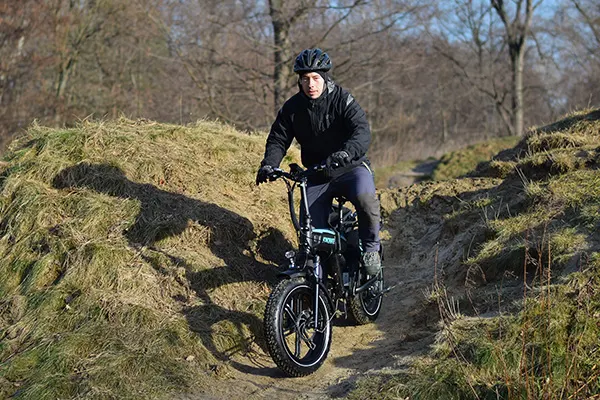






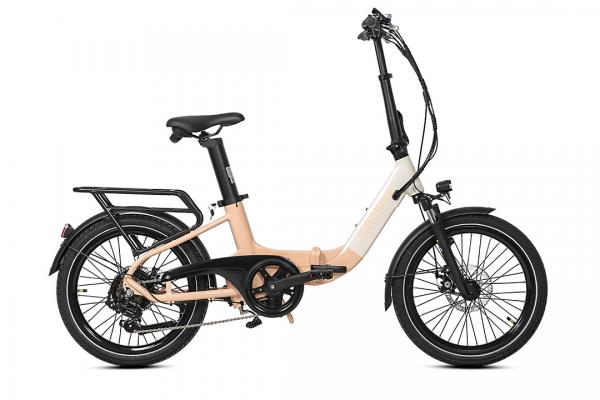
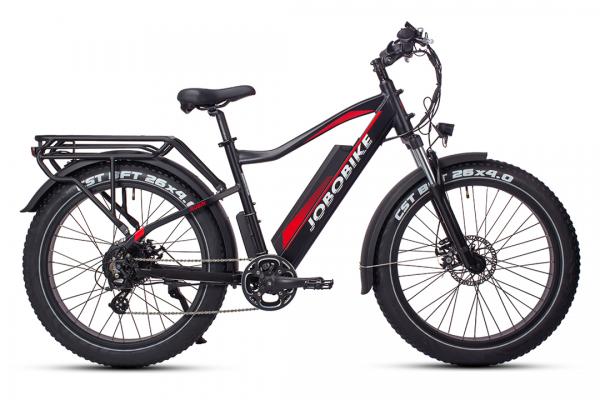
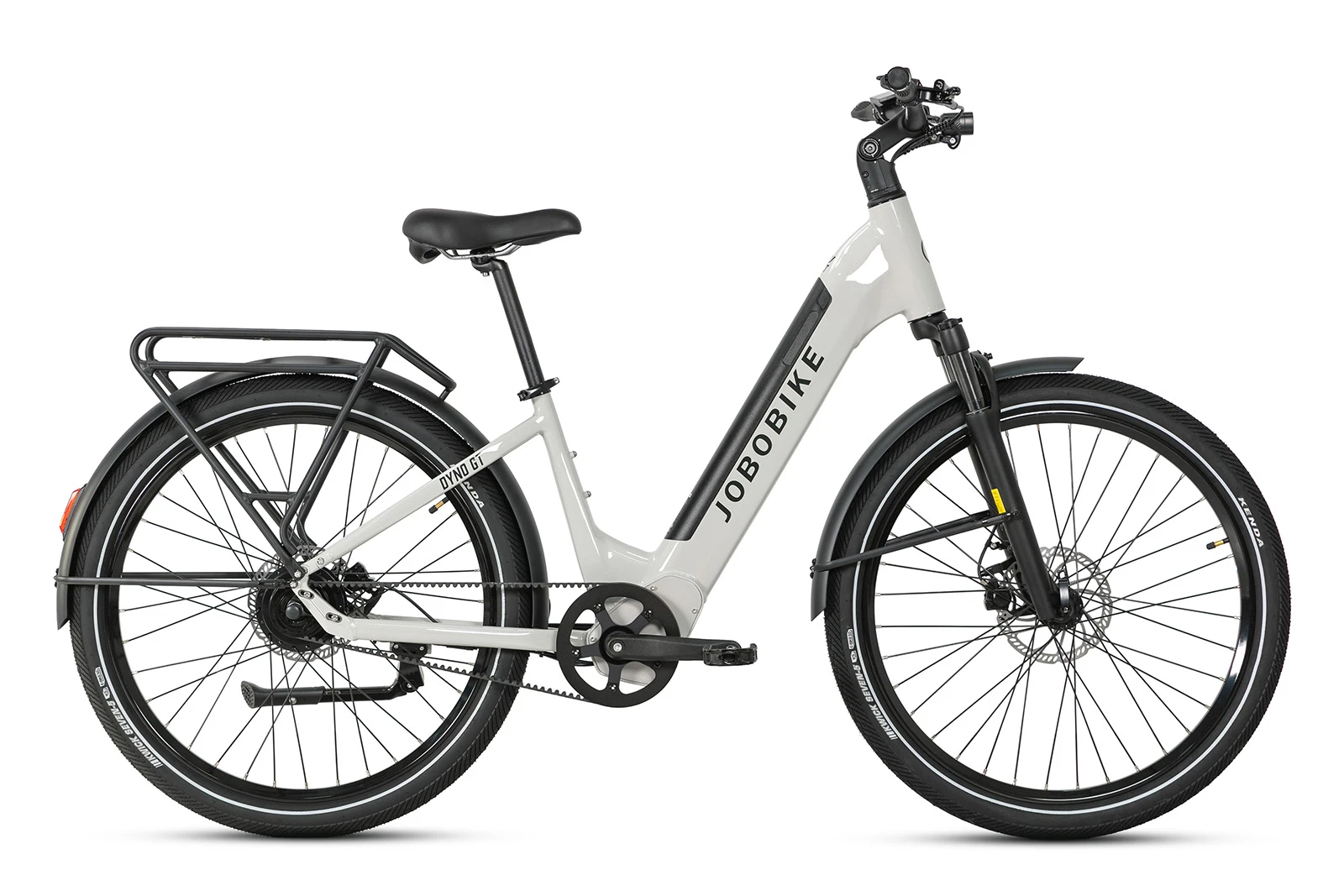

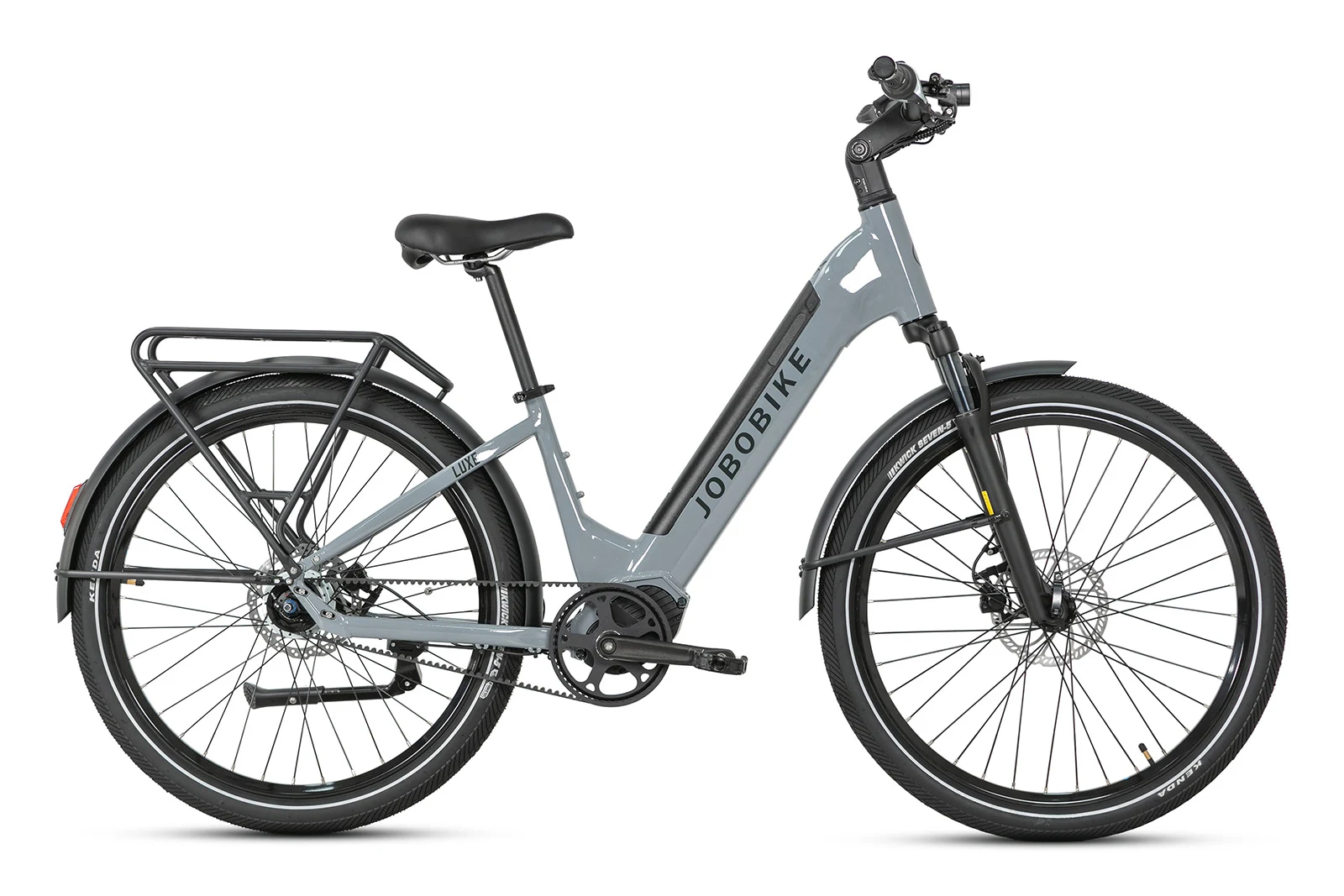
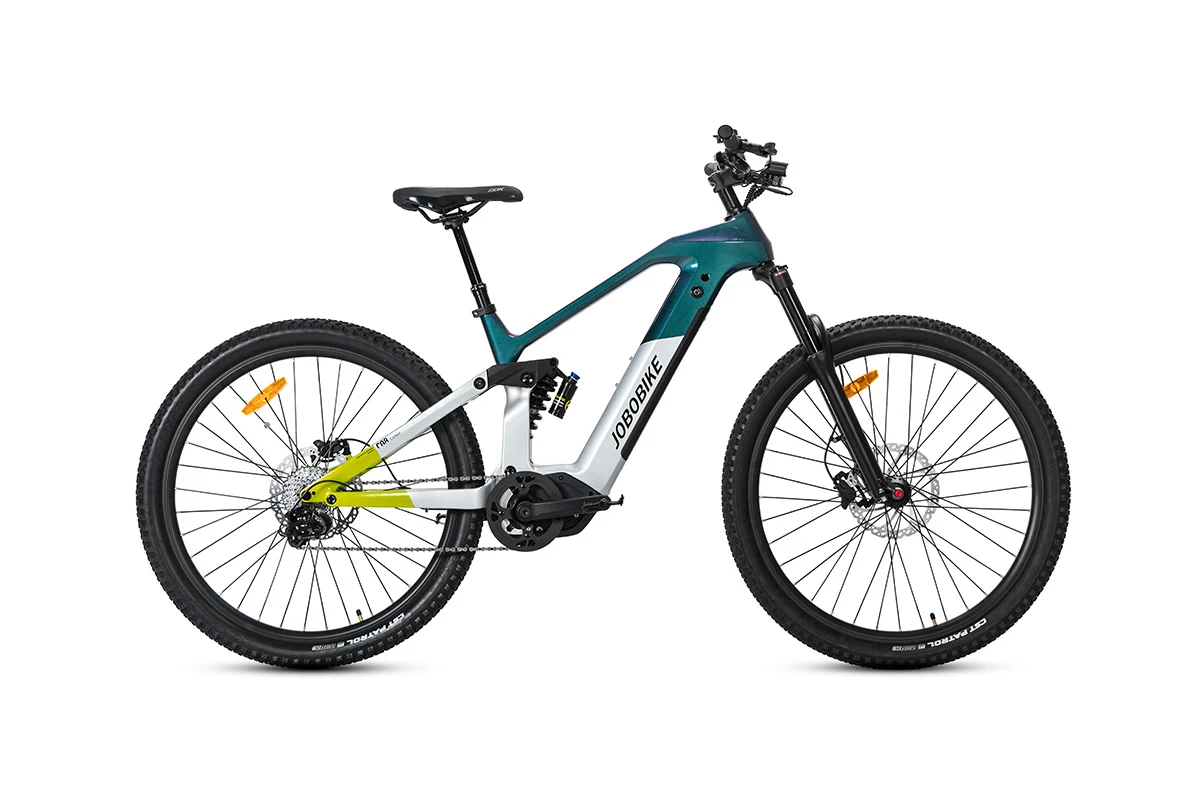


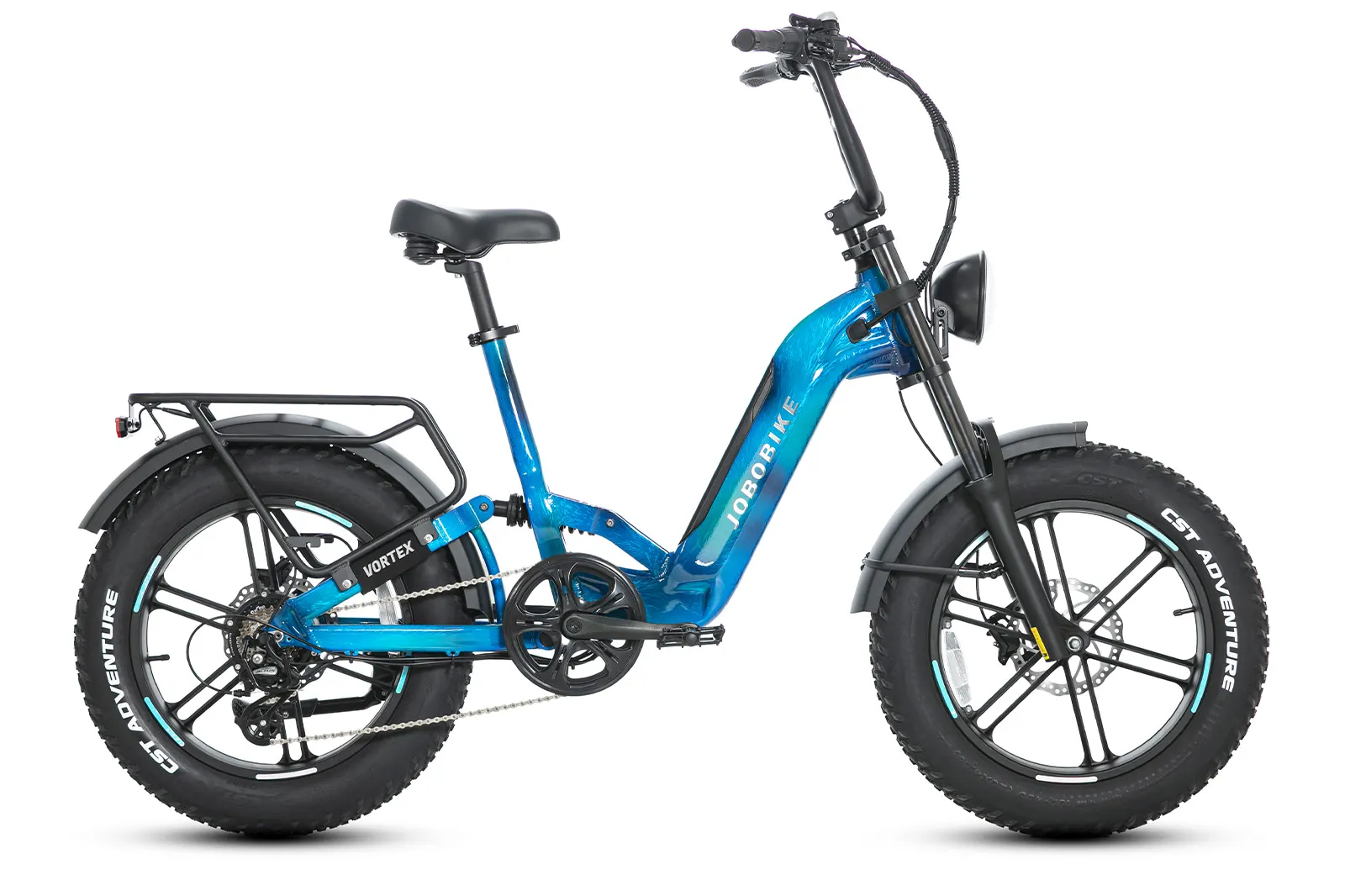

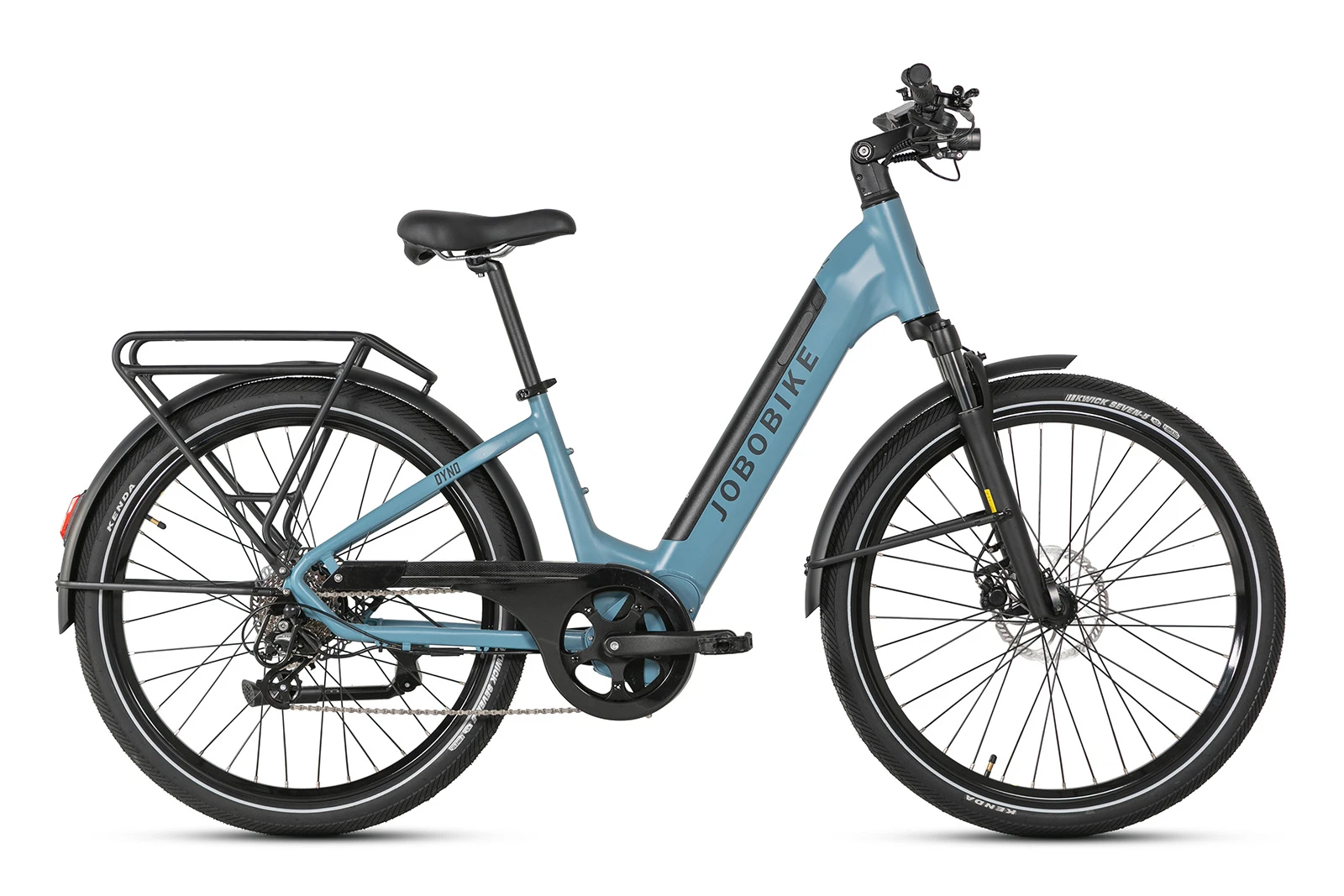

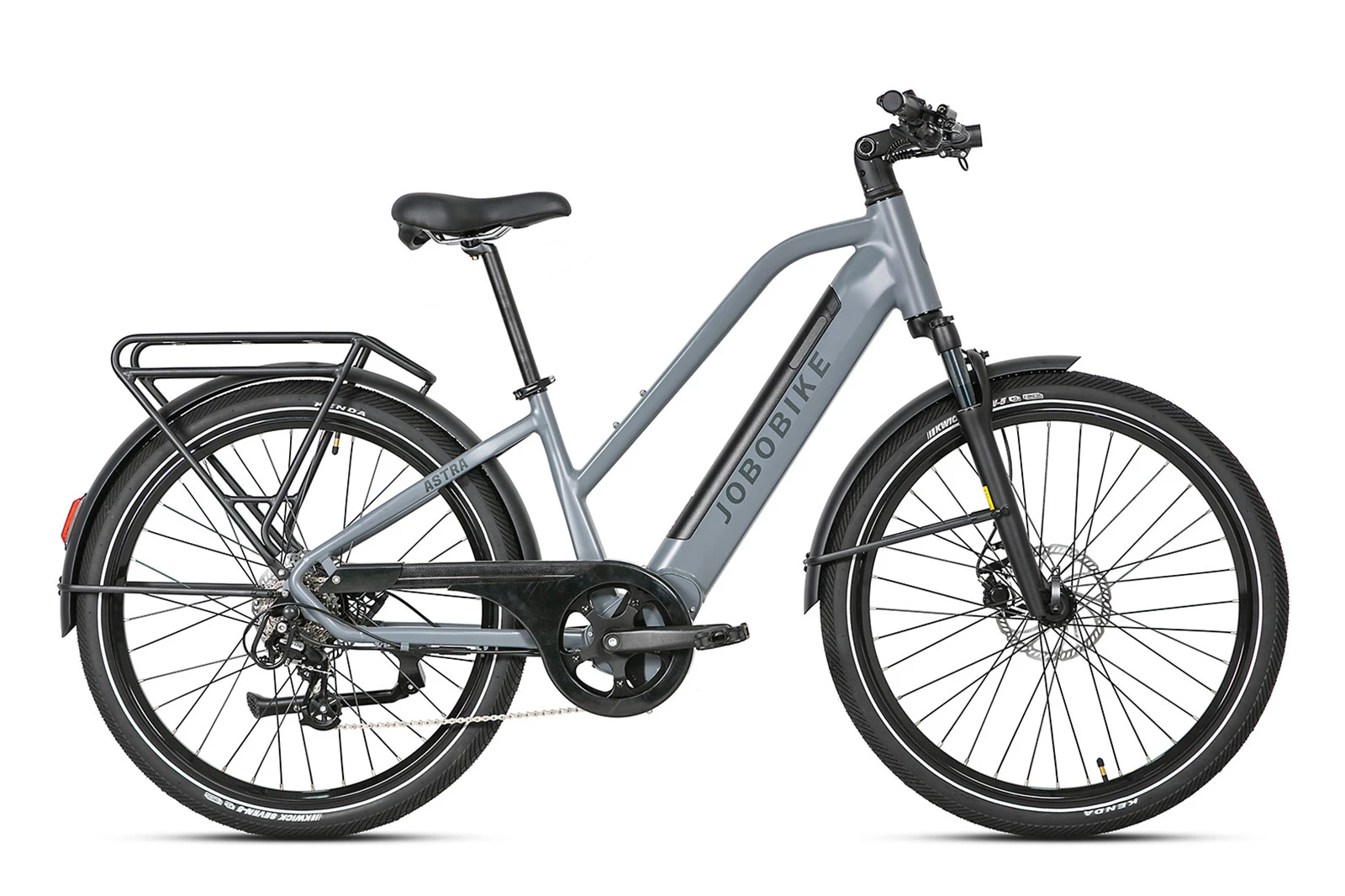
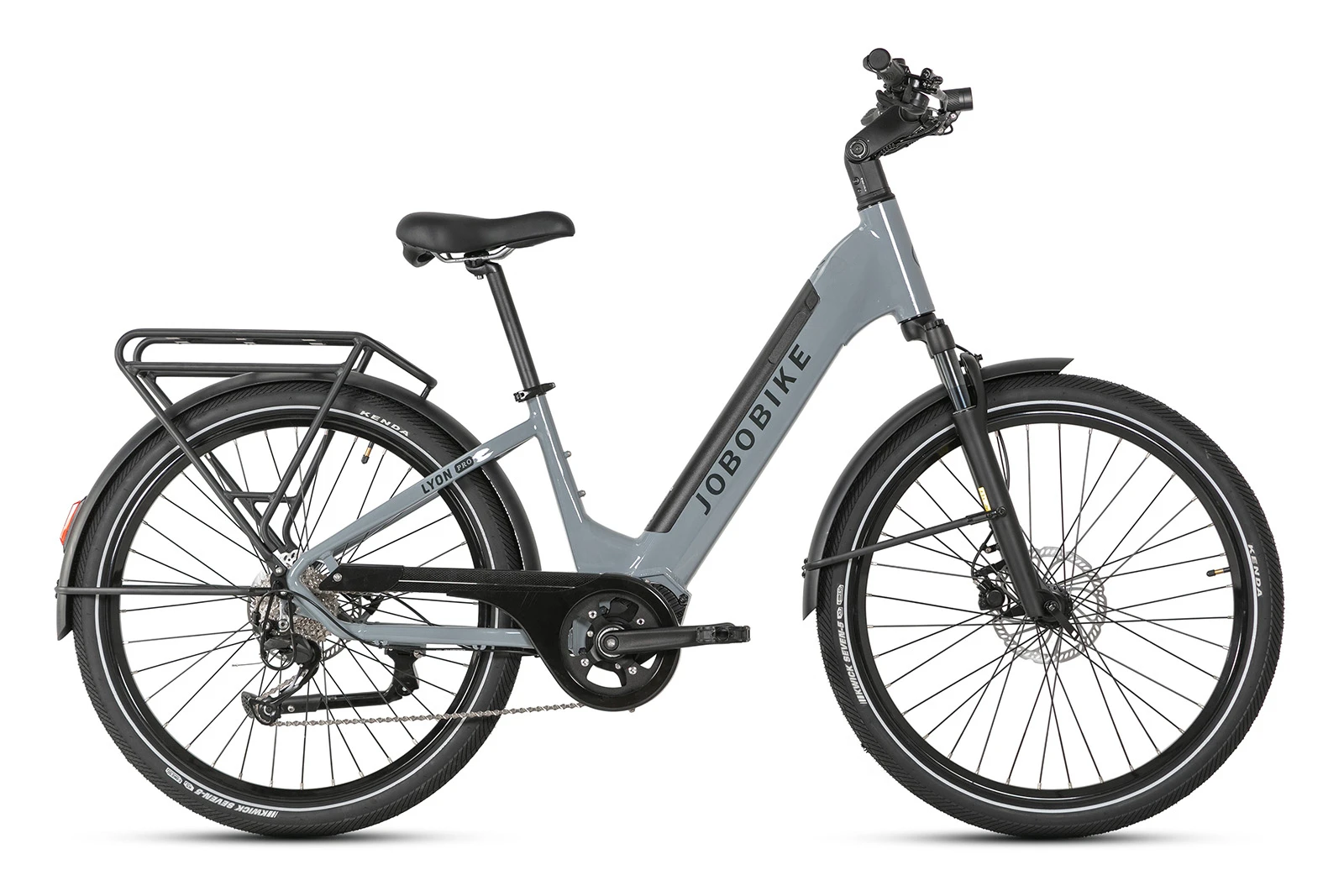
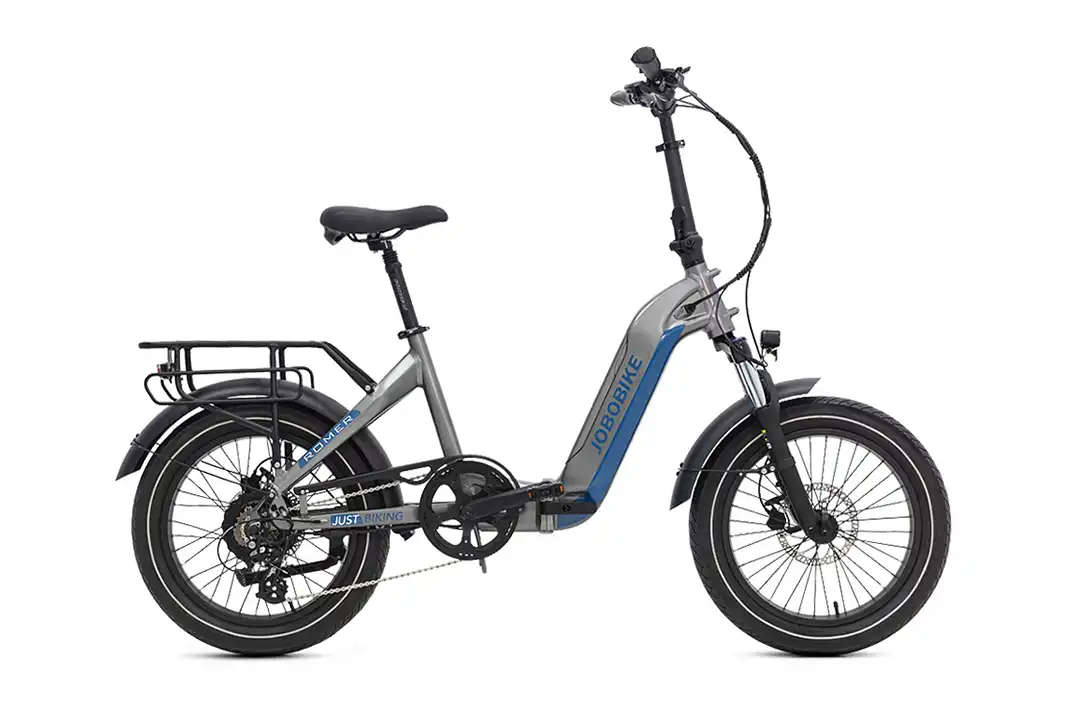

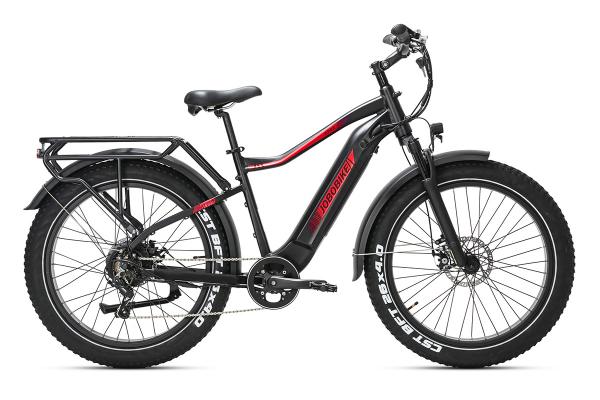
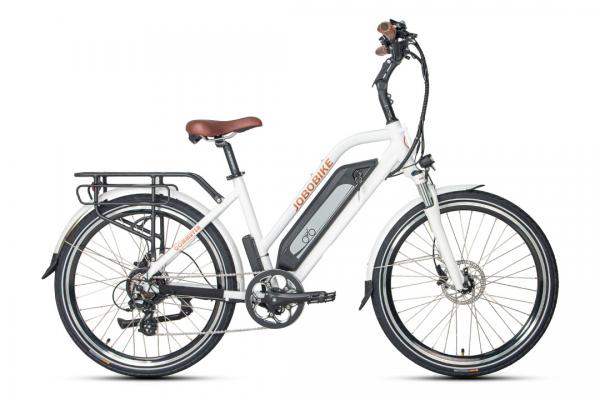
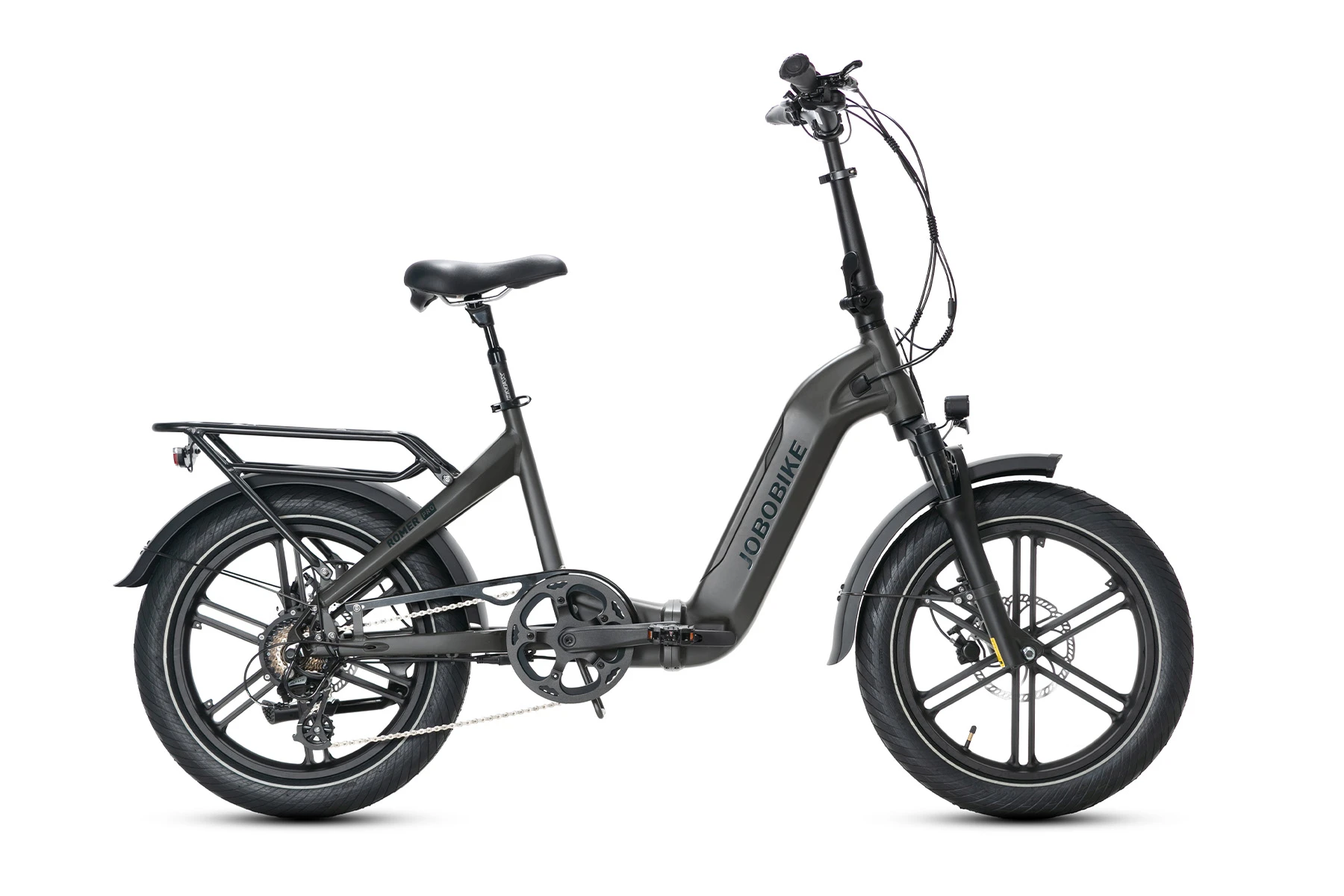
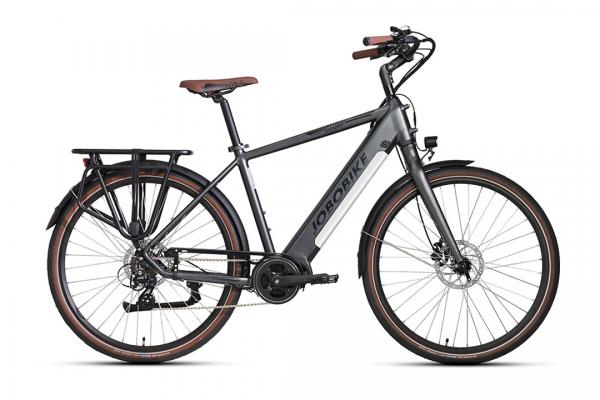
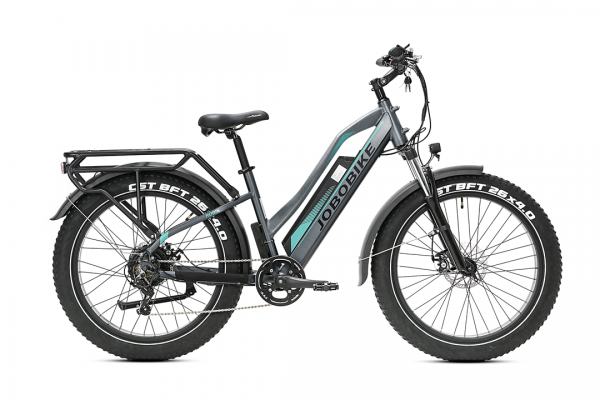
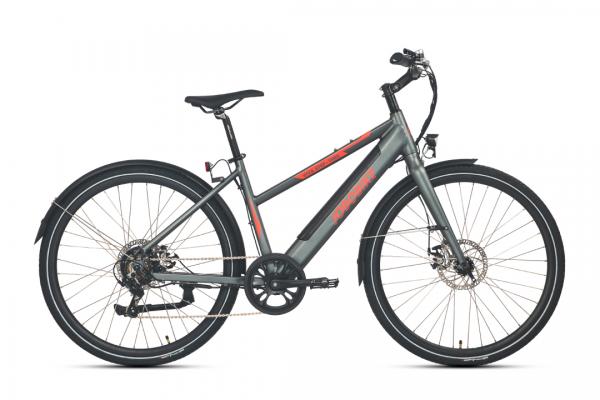
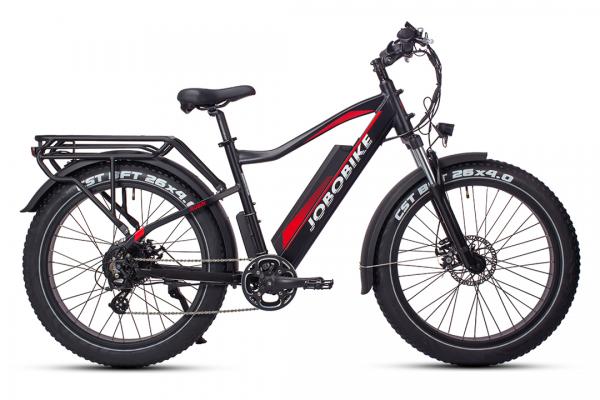
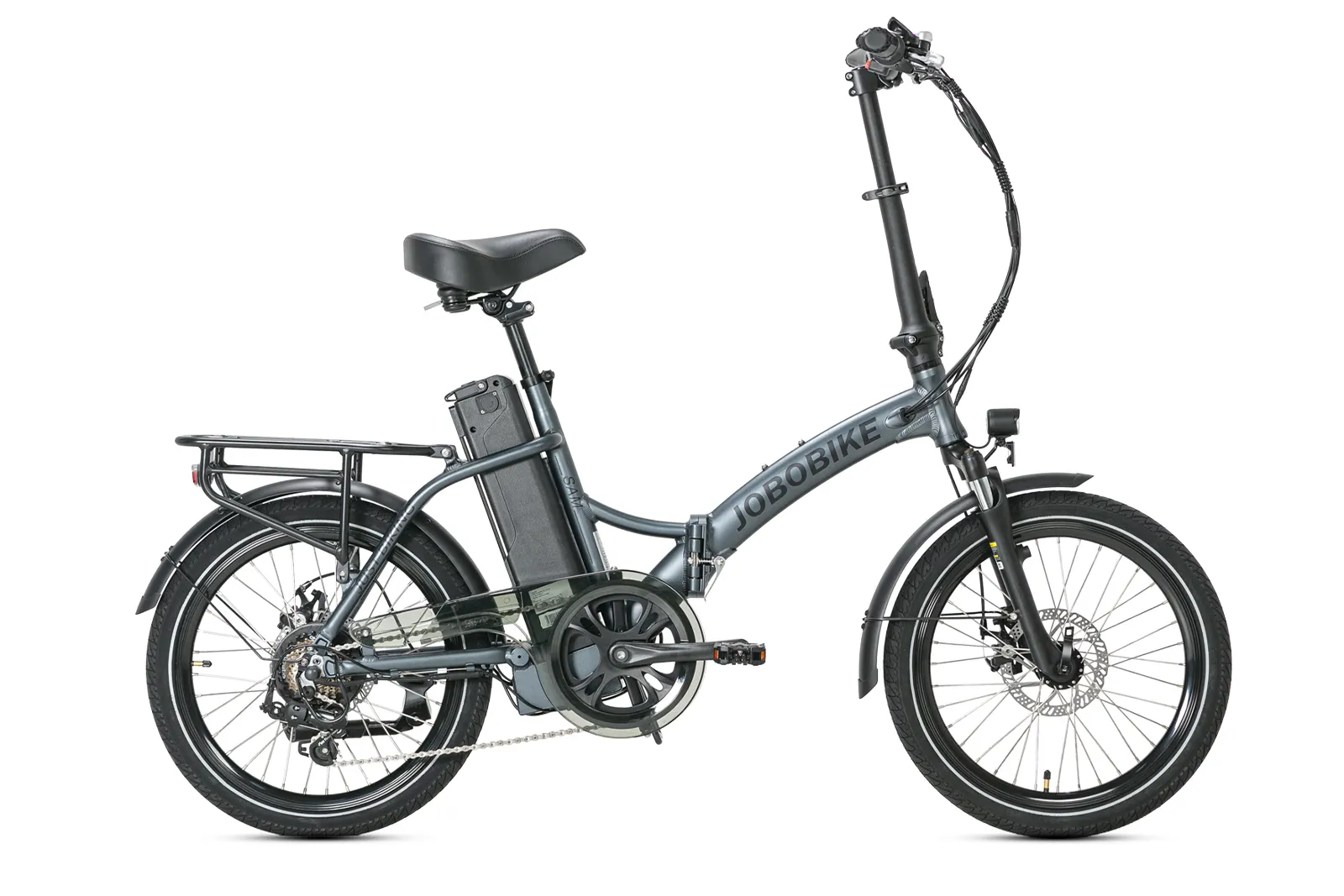
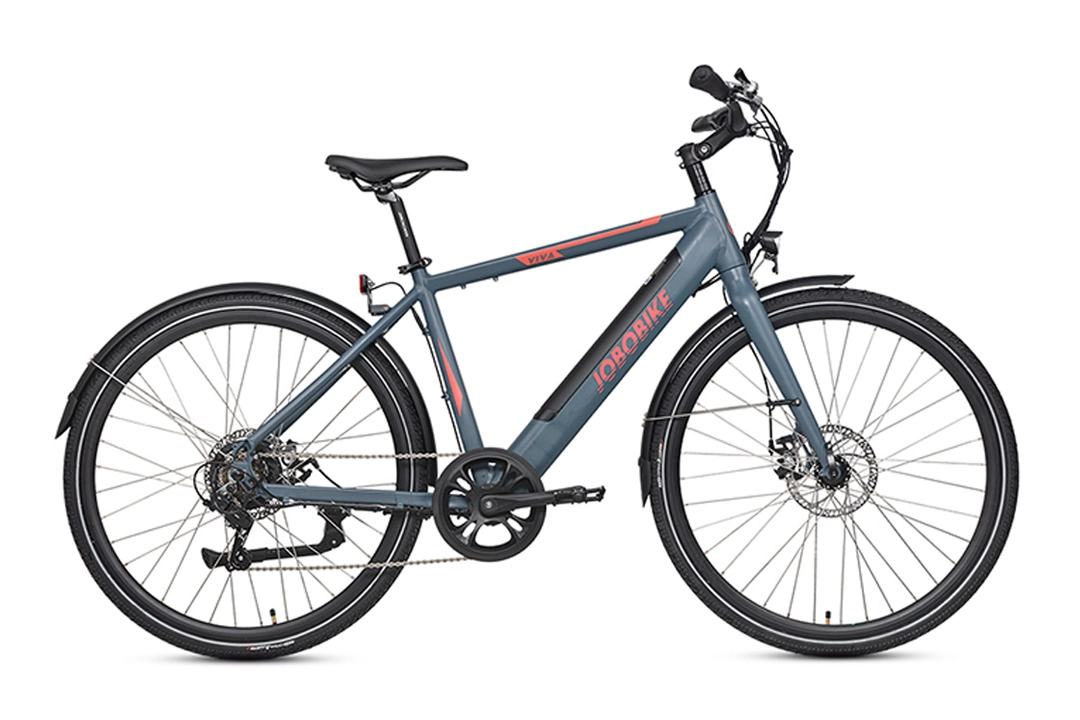
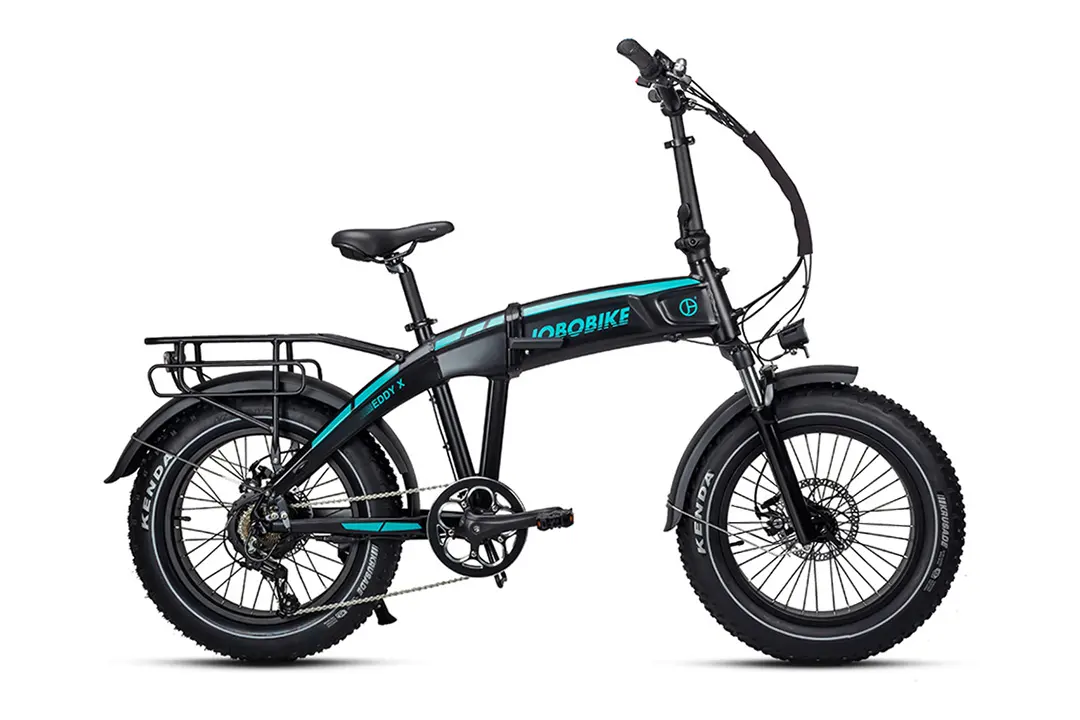
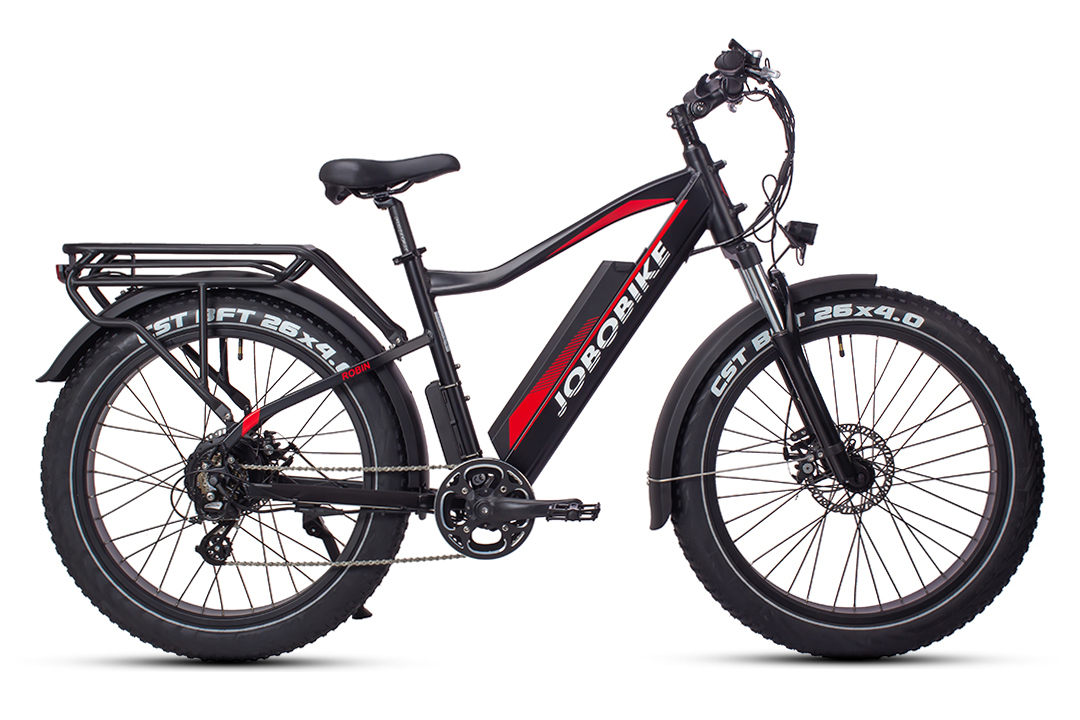 JOBOBIKE Robin
JOBOBIKE Robin 
